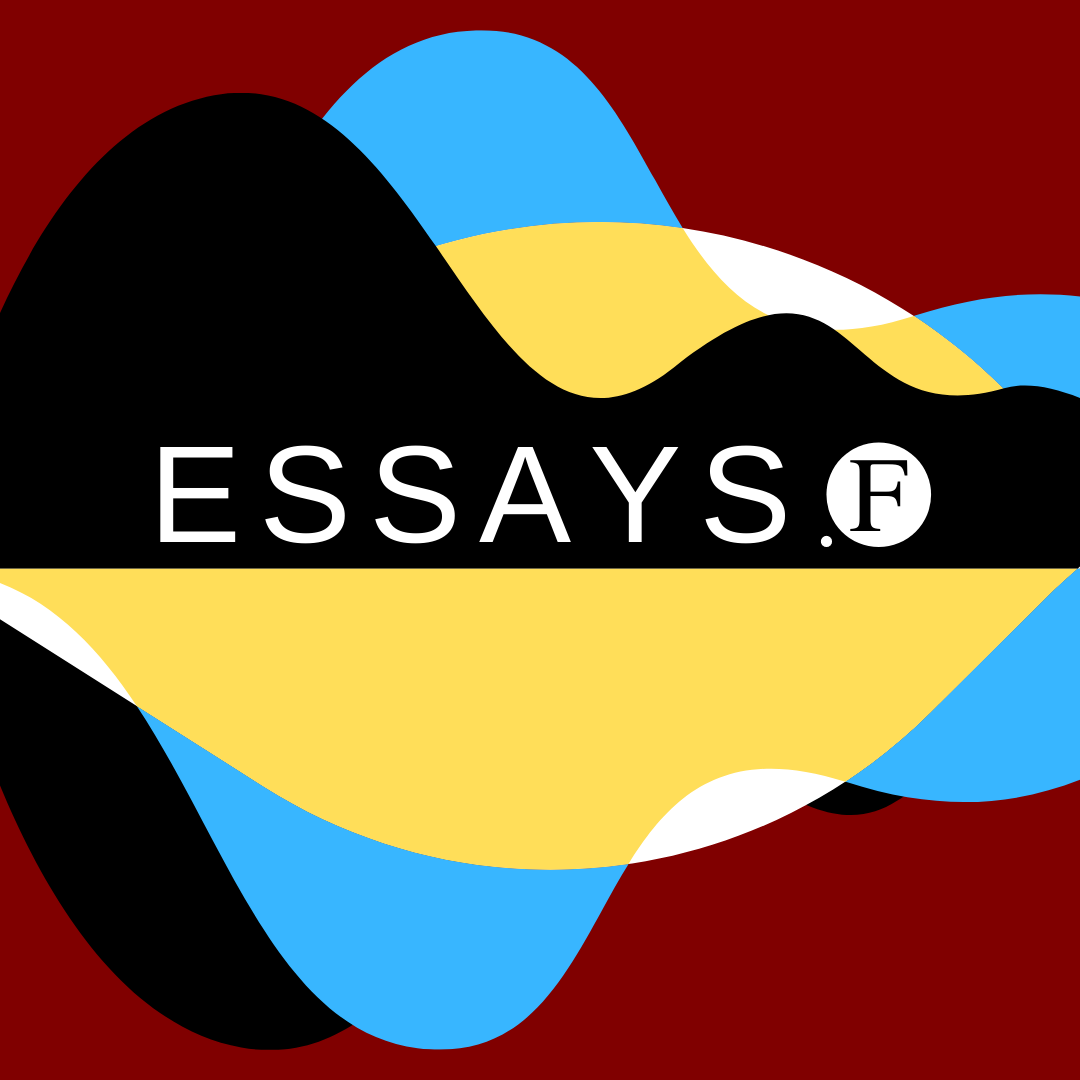Force of Habit
Komarine Romdenh-Romluc discusses the relationship between habits and actions
I wake up one Saturday morning, look at the sunshine, and decide to go for a picnic. I call my friend Ernie who agrees to meet me at the picnic spot, pack some sandwiches, and set off on my bicycle. As I go to meet Ernie, I start daydreaming, and instead of cycling straight ahead to the picnic spot, I turn off left along my habitual route to work. I quickly realize my mistake, and with some annoyance, I turn back and carry on towards the picnic spot. How should we understand my action?
An influential picture defines actions as being the product of the agent’s intentions. But it’s not clear that this explains what I do in the example above. I do not intend to cycle to work. I intend to meet Ernie at the picnic spot. Sometimes, of course, we change our minds. I might intend to go swimming, but then decide that I had better tidy the house instead. But this is not what happens in the above case. I don’t change my mind about where to go—I always intend to meet Ernie at the picnic spot.
Could it be that when I absentmindedly cycle towards work, this is not an action? Rather than being something I do, is it merely something that happens to me, on a par with digesting food or being pushed over by an exuberant dog? There is no conclusive answer to this question—much will hang on how one chooses to define ‘action’—but there are reasons for not taking this line. Actions are connected with responsibility. The exact relation between the two is complex, but generally speaking, I am responsible for those things I do, or have a hand in bringing about. Suppose when I absentmindedly cycle towards work, I accidentally knock over a small child, or I’m late to meet Ernie at the picnic spot. In both cases, I can be blamed for these things, and so I am responsible for my cycling towards work. This suggests it is an action. Moreover, we tend to think that people have direct control over their actions (indeed, it’s this that makes them responsible for what they do). Giving an account of direct control will require further work. But we can begin to understand it by contrasting it with indirect control. I have some control over my brother’s actions, for example, because I can get him to do things by asking him. Here, my control is indirect because it is mediated by my requests. In contrast, when it comes to my own actions, I do not need to ask myself to do things; I can just do them. When I notice that I am cycling the wrong way, I do not need to do something in order to get myself to come to a halt. I can just stop. Thus it seems I have direct control over my cycling towards work, which suggests that it should be classed as an action.
It seems pretty obvious that what explains my action of cycling towards work is habit. It is because I habitually cycle along that route that I do so when I am daydreaming. The phenomenon of habit tends to be missing from contemporary accounts of agency. This is somewhat surprising, since habits are ubiquitous in human life—we are quite literally creatures of habit, as the old saying goes. Moreover, there is a long history of philosophical thinking about habit. One difficulty is that a popular conception of habit thinks of it in mechanistic terms, as something akin to a reflex. Reflexive behaviours aren’t actions. They’re just things that happen. So if habits are like reflexes, then habitual behaviours aren’t actions either. We’ve seen some reasons to be dissatisfied with this view, so we need an alternative way to think about habit.
The French phenomenologist Maurice Merleau-Ponty gave an account of agency that puts habit at its centre. His work is worth exploring, since it promises to provide some of the resources we need to develop a proper understanding of habit and its role in our actions.
Merleau-Ponty’s view of agency is tightly bound up with his understanding of perception. He holds that we perceive the world as inviting us to interact with it—a claim he draws from the Gestalt psychologists. A football, for example, isn’t just perceived as a black and white spherical object of a certain size, located at a particular point in space. It literally looks kickable. A chocolate cake looks delicious—it draws us to eat it. A curious child perceives a gap in the garden fence as inviting her to climb through it.
Merleau-Ponty holds that it is partly our habits that give perception this character. To develop a habit, I must repeatedly do something in the same way. He thinks of this repetition as a process of the body familiarizing itself with the movement, so that the behaviour becomes easier to perform. (Contemporary theorists sometimes appeal to ‘muscle memory’ to capture what he refers to here.) The repetition of the behaviour also affects how I see the world: I come to perceive it as inviting me to exercise my habit. An example will help clarify his suggestion. Consider what it’s like learning to find one’s way around a new city. Initially, everything looks alien. One has to think about where one is going, and use a map to find one’s way around. But as one spends more time in the city, something magical happens. It starts to feel familiar. One no longer needs a map because one can immediately see that this road leads to the marketplace; that flight of steps to the town hall; this path to the municipal car park. On Merleau-Ponty’s account, this transformation consists in the development of habit. Repeatedly moving around the city builds up habitual routes through the streets and habitual ways of seeing those routes as familiar, and as leading to certain locations. In this way, one’s habits become ‘sedimented’—both in the structure of one’s body (one’s muscles and nervous system), and in the way the world appears to one.
Merleau-Ponty then claims that the way the world looks—the opportunities for action one sees it as offering—can draw forth and guide one’s activities without the need for conscious thought. My habit of walking a particular way to the marketplace each day enables me to see that route as the way to get there, and then respond to my perception of it as such by walking along it, without needing to stop and calculate how to reach the market.
We can now begin to see how Merleau-Ponty accounts for my action of absentmindedly cycling towards work when I intend to go for a picnic with Ernie. Through repeatedly cycling that route to work, I come to see it as familiar and the way to go. When I start daydreaming, my habitual perception of that route as familiar comes to the fore, initiating and guiding my action of cycling down it.
There is, of course, a lot more to say if we want to provide a full account of agency and the role of habits in our actions. Nevertheless, this brief consideration of Merleau-Ponty’s theory shows how we might start to understand this. It also points to a very different picture of agency than the traditional view. An agent is no longer a completely rational being whose actions are always guided by thought, but a creature who is embedded in an environment to which she is, to a greater or lesser extent on different occasions, unthinkingly responsive. Moreover, since there are many different sorts of habits, which vary in their degree of flexibility, sophistication, amenability to control, and so on, doing full justice to habit’s role in agency will require a more nuanced taxonomy than that provided by the traditional dichotomy between the things we do and the things that merely happen to us.
Image credit: Grant Haffner
The Source Code
This essay is based on the chapter ‘Habit and Attention’ by Komarine Romdenh-Romluc, published in The Phenomenology of Embodied Subjectivity edited by Dermot Moran and Rasmus Thybo Jensen (Springer, 2014).






